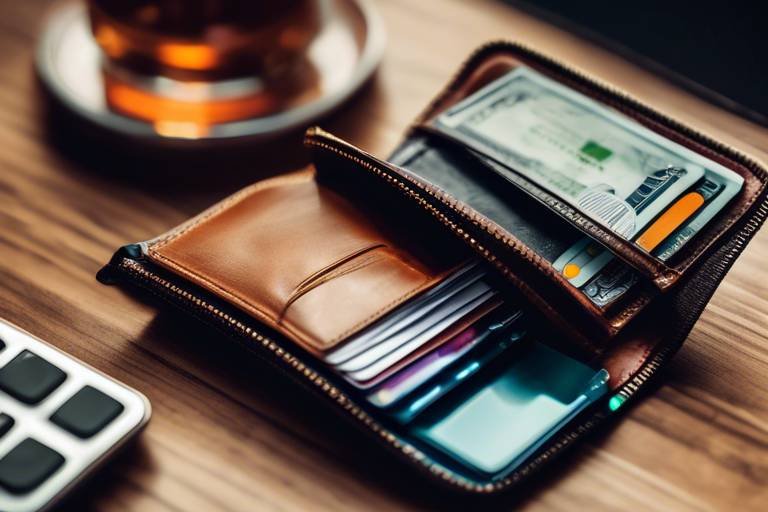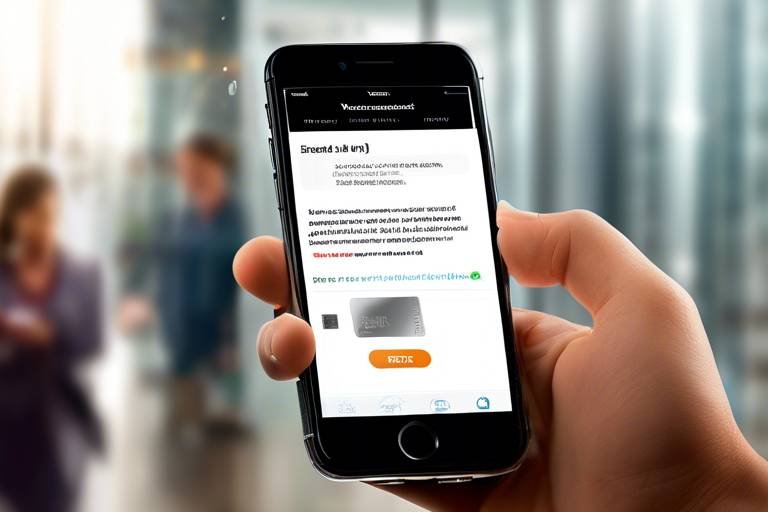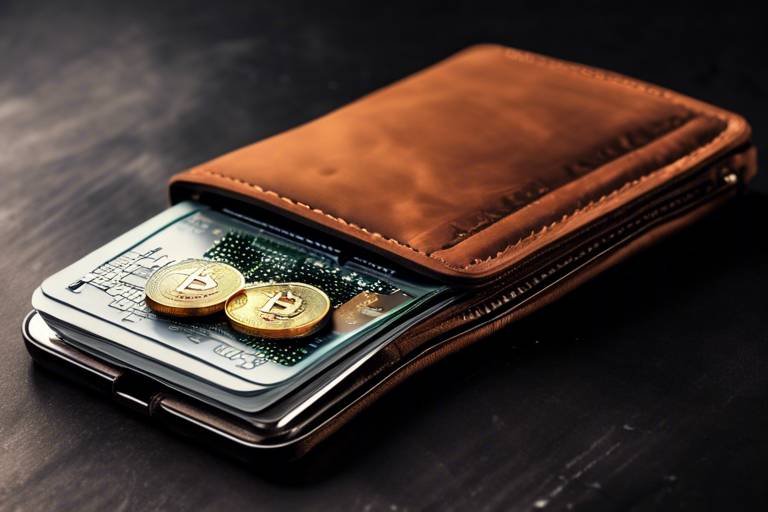How to Use Wallets to Manage Your Crypto Assets Effectively
In the ever-evolving world of cryptocurrency, the importance of managing your digital assets effectively cannot be overstated. Just like you wouldn’t keep your life savings under your mattress, you shouldn’t leave your cryptocurrencies unprotected. So, how do you ensure that your assets are secure yet easily accessible? The answer lies in understanding and utilizing cryptocurrency wallets. These tools are not just storage solutions; they are your gateway to the crypto universe, allowing you to send, receive, and manage your digital wealth with confidence.
Imagine your cryptocurrency wallet as a digital safe, equipped with various features to help you safeguard your investments. The right wallet can make all the difference in your crypto journey, whether you're a casual trader or a serious investor. In this article, we will explore the different types of wallets available, their unique functionalities, and best practices for maximizing your experience. By the end, you’ll be equipped with the knowledge to choose the right wallet and manage your crypto assets like a pro.
Cryptocurrency wallets are essential tools for storing and managing digital assets. They come in various forms, each catering to different needs and preferences, making it crucial to understand their functionalities. Whether you’re looking for high security, ease of use, or specific features tailored to your trading habits, there’s a wallet out there that fits the bill. Think of it as choosing the right vehicle for your journey; you wouldn’t pick a sports car for off-roading, right?
There are several types of cryptocurrency wallets, including hardware, software, and paper wallets. Each type has its unique advantages and disadvantages that suit different user requirements and security levels. Understanding these differences will help you make an informed decision based on your personal needs and investment strategy.
Hardware wallets are physical devices that securely store your private keys offline. They offer high security against hacking and are ideal for long-term storage of cryptocurrencies. If you think of your private keys as the keys to your house, hardware wallets are like a fortified vault that keeps them safe from intruders.
Hardware wallets provide enhanced security, user-friendly interfaces, and compatibility with various cryptocurrencies, making them a popular choice among serious investors. Here are a few benefits that make them stand out:
- High Security: Your private keys are stored offline, reducing the risk of online hacks.
- User-Friendly: Most hardware wallets come with intuitive interfaces that make navigation a breeze.
- Multi-Currency Support: Many hardware wallets support a wide range of cryptocurrencies, allowing for diversified investments.
Some of the most trusted hardware wallets include:
| Wallet Name | Key Features |
|---|---|
| Ledger Nano S | Compact design, supports multiple currencies, strong security features. |
| Trezor | Open-source, easy to use, and offers advanced security options. |
| KeepKey | Large display, user-friendly, and integrates with ShapeShift for trading. |
Software wallets are applications or programs that allow users to store their cryptocurrencies on devices like smartphones or computers. They are more convenient but come with increased risks. Think of software wallets as your everyday vehicle; they’re easy to use and accessible, but they require regular maintenance and caution to avoid breakdowns.
Selecting the appropriate wallet depends on your specific needs, such as security, accessibility, and the types of cryptocurrencies you plan to manage. Understanding these factors is essential for effective asset management. You wouldn’t buy a one-size-fits-all outfit for a special occasion, so why settle for a wallet that doesn’t meet your unique requirements?
When choosing a wallet, it’s crucial to evaluate its security features, such as two-factor authentication, encryption, and backup options, to ensure the safety of your assets. Just as you wouldn’t leave your front door unlocked, you need to make sure your wallet has robust security measures in place.
A wallet’s user interface and ease of use play a significant role in your overall experience. Opt for wallets that offer intuitive designs and responsive customer support for a smoother management process. After all, a complicated interface can turn a simple transaction into a frustrating ordeal.
Implementing best practices, such as regular backups, keeping software updated, and using strong passwords, can significantly enhance the security and efficiency of your cryptocurrency management. These steps are like routine maintenance for your vehicle; they keep everything running smoothly and securely.
Regularly backing up your wallet ensures that you can recover your assets in case of device loss or failure. It’s a critical step in safeguarding your investments, akin to making copies of important documents just in case.
Maintaining updated software helps protect against vulnerabilities and security threats. Always ensure your wallet application is running the latest version for optimal performance and security. Just like you wouldn’t drive an outdated car, don’t rely on outdated software to protect your digital wealth.
1. What is a cryptocurrency wallet?
A cryptocurrency wallet is a digital tool that allows you to store, send, and receive cryptocurrencies. It holds your private and public keys, enabling you to interact with blockchain networks.
2. Are hardware wallets the safest option?
Yes, hardware wallets are considered one of the safest options for storing cryptocurrencies because they keep your private keys offline, away from online threats.
3. Can I use multiple wallets?
Absolutely! Many users choose to use multiple wallets for different purposes, such as one for daily transactions and another for long-term storage.
4. How do I choose the right wallet?
Consider factors like security features, user experience, and the types of cryptocurrencies you want to manage when choosing a wallet.

Understanding Cryptocurrency Wallets
Cryptocurrency wallets are essential tools for anyone looking to dive into the exciting world of digital assets. Think of them as your personal vaults for storing, managing, and accessing your cryptocurrencies. Just like you wouldn't stash your cash under a mattress, using a wallet helps keep your digital coins secure. But what exactly are these wallets, and how do they work? Let’s break it down.
At their core, cryptocurrency wallets store your private keys—the secret codes that allow you to access and manage your digital currencies. Unlike traditional wallets that hold physical cash, crypto wallets don’t actually store the coins themselves. Instead, they hold the keys that grant you access to your assets on the blockchain. This means that if you lose your private keys, you lose access to your funds. It’s like losing the key to your safe; without it, you can’t get to your valuables!
There are various types of wallets, each designed to cater to different user needs and security levels. For instance, some wallets are designed for everyday transactions, while others focus on long-term storage and security. Understanding the functionalities of these wallets is crucial for effective asset management. Here’s a quick overview:
| Type of Wallet | Description | Security Level |
|---|---|---|
| Hardware Wallets | Physical devices that store private keys offline. | High |
| Software Wallets | Applications that store keys on your computer or mobile device. | Medium |
| Paper Wallets | Physical printouts of your keys, providing offline storage. | High (if stored securely) |
In essence, the choice of wallet you opt for should align with your personal needs, whether that’s the ease of access, level of security, or compatibility with various cryptocurrencies. Are you a day trader who needs quick access to your assets, or are you a long-term investor looking to secure your holdings? Understanding these distinctions will help you make informed decisions about your cryptocurrency management.
In conclusion, cryptocurrency wallets are not just a means to hold your digital assets; they are pivotal in ensuring your investments are secure and accessible. With the right wallet, you can confidently navigate the crypto landscape, knowing that your assets are well-protected.
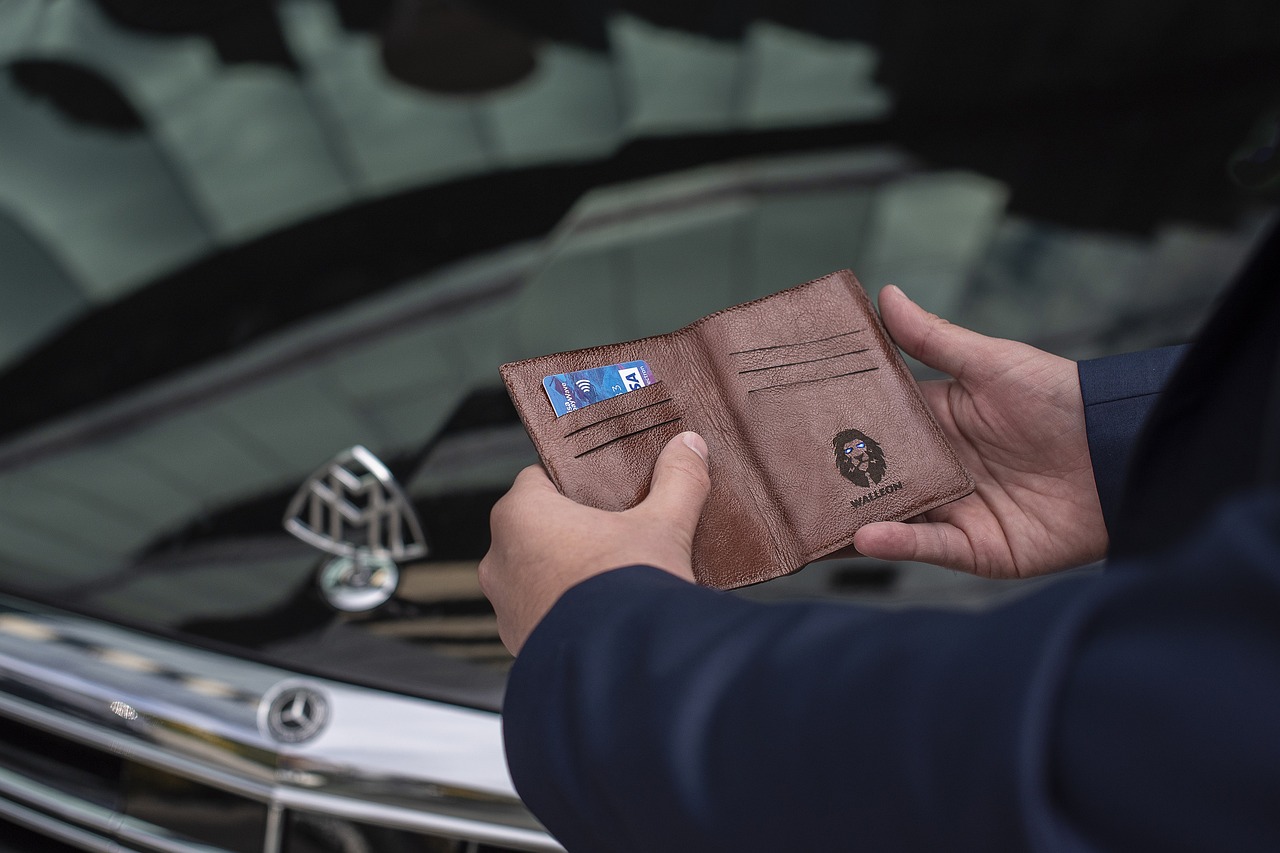
Types of Cryptocurrency Wallets
When diving into the world of cryptocurrencies, one of the first things you’ll encounter is the concept of wallets. Just like you wouldn't carry your cash in a flimsy bag, you need a secure way to store your digital assets. There are several types of cryptocurrency wallets available, each designed to meet different needs and preferences. Understanding these options is crucial for effective management of your crypto assets.
In essence, cryptocurrency wallets can be categorized into three main types: hardware wallets, software wallets, and paper wallets. Each of these wallet types has its unique features, advantages, and disadvantages, making it essential to choose the right one based on your individual requirements. Let’s break them down further.
Hardware wallets are physical devices that store your private keys offline, providing a robust layer of security against online threats. Think of them as a safe deposit box for your cryptocurrencies. They are particularly suitable for long-term storage, as they keep your assets isolated from the internet, reducing the risk of hacking. Popular hardware wallets include Ledger Nano S, Trezor, and KeepKey, each offering distinct features that cater to serious investors.
Using a hardware wallet comes with several advantages:
- Enhanced Security: With your private keys stored offline, hardware wallets are less susceptible to cyberattacks.
- User-Friendly Interfaces: Many hardware wallets come with intuitive designs, making them accessible even for beginners.
- Compatibility: Most hardware wallets support a wide range of cryptocurrencies, allowing you to manage multiple assets in one place.
Software wallets, on the other hand, are applications or programs that allow users to store their cryptocurrencies on devices like smartphones or computers. They are more convenient for everyday transactions but come with increased risks, especially if your device is compromised. Software wallets can be further divided into desktop wallets, mobile wallets, and web wallets, each serving different user needs.
Desktop wallets are installed on your computer, offering a good balance between security and convenience. Mobile wallets, as the name suggests, are designed for smartphones, allowing you to carry your crypto assets with you wherever you go. Web wallets, while the easiest to access, often pose higher security risks since they are hosted online. It's essential to choose software wallets that implement strong security measures, such as encryption and two-factor authentication.
Finally, we have paper wallets, which are essentially physical printouts of your public and private keys. While they might seem outdated in a digital world, they offer a unique form of security. Since your keys are stored offline, they are immune to hacking. However, the downside is that if you lose your paper wallet or it gets damaged, you could lose access to your funds permanently. Thus, while paper wallets can be a good option for long-term storage, they require careful handling and storage.
In summary, the type of wallet you choose should align with your personal preferences and the level of security you desire. Whether you opt for a hardware wallet for long-term storage, a convenient software wallet for daily transactions, or a paper wallet for maximum offline security, understanding the strengths and weaknesses of each type is key to managing your crypto assets effectively.
1. What is the safest type of cryptocurrency wallet?
Hardware wallets are generally considered the safest option due to their offline storage capabilities, protecting your assets from online threats.
2. Can I use multiple wallets for my cryptocurrencies?
Absolutely! Many users choose to utilize a combination of wallet types for different purposes, such as a hardware wallet for long-term storage and a mobile wallet for daily transactions.
3. How do I choose the right wallet for my needs?
Consider factors such as security features, ease of use, and compatibility with the cryptocurrencies you want to manage. Assess your personal needs and preferences before making a decision.
4. What should I do if I lose access to my wallet?
If you have a backup of your wallet's recovery phrase or private keys, you can restore access. It's crucial to keep this information secure and private.
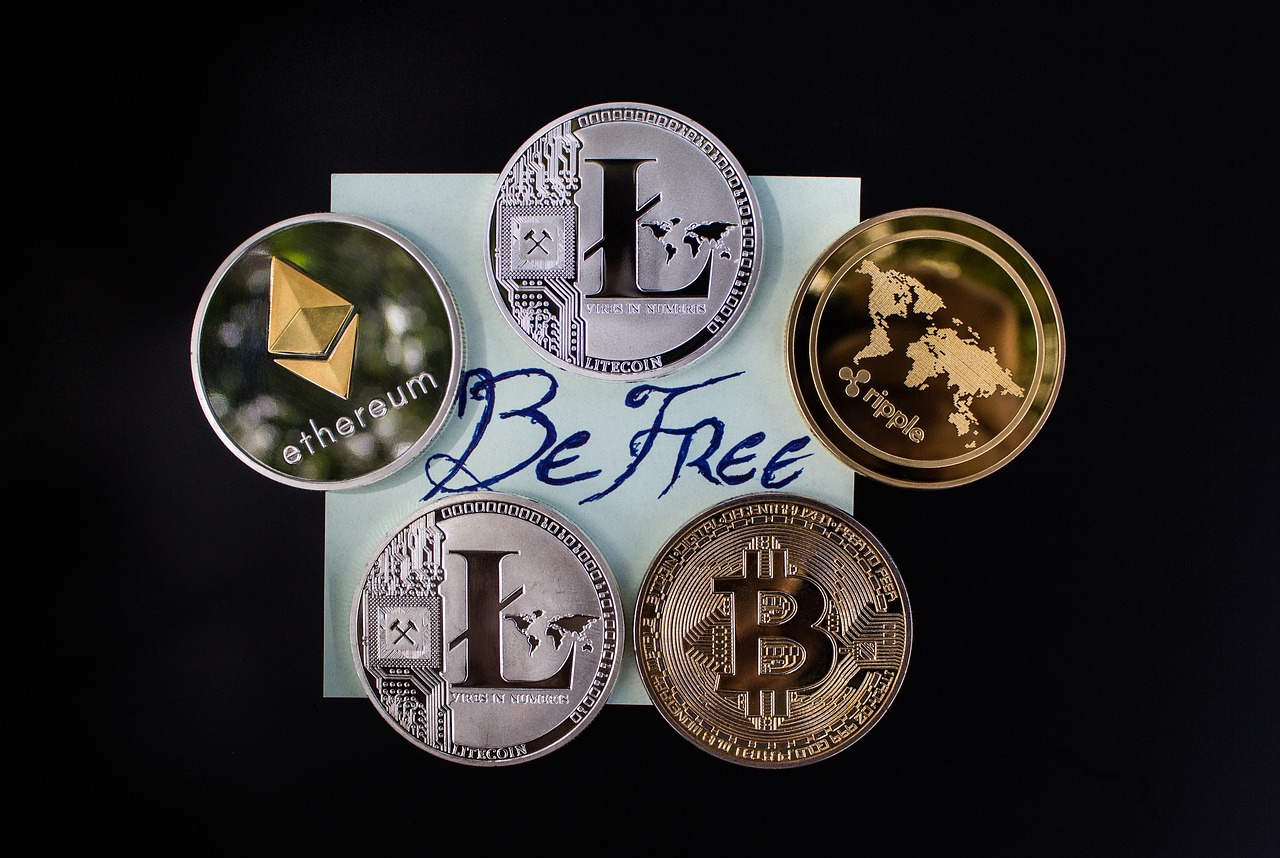
Hardware Wallets
When it comes to securing your cryptocurrency assets, stand out as one of the most reliable options available. These physical devices are designed specifically to store your private keys offline, which makes them incredibly resistant to hacking attempts. Imagine your cryptocurrencies as precious jewels; just as you wouldn’t leave them lying around in an unsecured location, you wouldn’t want to store your digital assets in a vulnerable online wallet. Hardware wallets act like a safe deposit box, providing a robust layer of security against potential threats.
One of the key advantages of hardware wallets is their high level of security. Unlike software wallets that are connected to the internet and can be susceptible to malware, hardware wallets keep your private keys completely offline. This means that even if your computer gets infected with a virus, your cryptocurrencies remain safe and sound. In addition, many hardware wallets come equipped with features like PIN protection and recovery seed phrases that add extra layers of security, ensuring that only you can access your assets.
Another benefit of hardware wallets is their user-friendly interfaces. Most devices are designed with simplicity in mind, allowing even those who are not tech-savvy to navigate their features with ease. For instance, when you first set up your hardware wallet, you’ll be guided through the process step by step, making it straightforward to secure your investments. Plus, many wallets support multiple cryptocurrencies, allowing you to manage various assets from a single device, which is a huge time-saver.
Here’s a quick overview of some of the most popular hardware wallets on the market today:
| Wallet Name | Key Features | Price Range |
|---|---|---|
| Ledger Nano S | Compact, supports multiple cryptocurrencies, user-friendly | $59 - $79 |
| Trezor Model One | Open-source, supports a wide range of coins, strong security | $55 - $70 |
| KeepKey | Large screen, easy to use, integrates with ShapeShift | $49 - $79 |
In summary, hardware wallets are an excellent choice for anyone serious about cryptocurrency investment. They offer unparalleled security, ease of use, and compatibility with various digital assets. However, it is essential to remember that while hardware wallets provide a high level of protection, you must also practice good security habits, such as keeping your recovery seed phrase secure and never sharing your PIN with anyone. In a world where cyber threats are ever-present, investing in a hardware wallet could be one of the best decisions you make for your financial future.
- What is a hardware wallet? A hardware wallet is a physical device that stores your cryptocurrency private keys offline, providing a secure way to manage your digital assets.
- Are hardware wallets safe? Yes, hardware wallets are considered one of the safest options for storing cryptocurrencies due to their offline storage and additional security features.
- Can I use a hardware wallet for multiple cryptocurrencies? Most hardware wallets support a wide range of cryptocurrencies, allowing you to manage various assets from a single device.
- What should I do if I lose my hardware wallet? If you lose your hardware wallet, you can recover your assets using the recovery seed phrase you created during setup, as long as you have kept it secure.
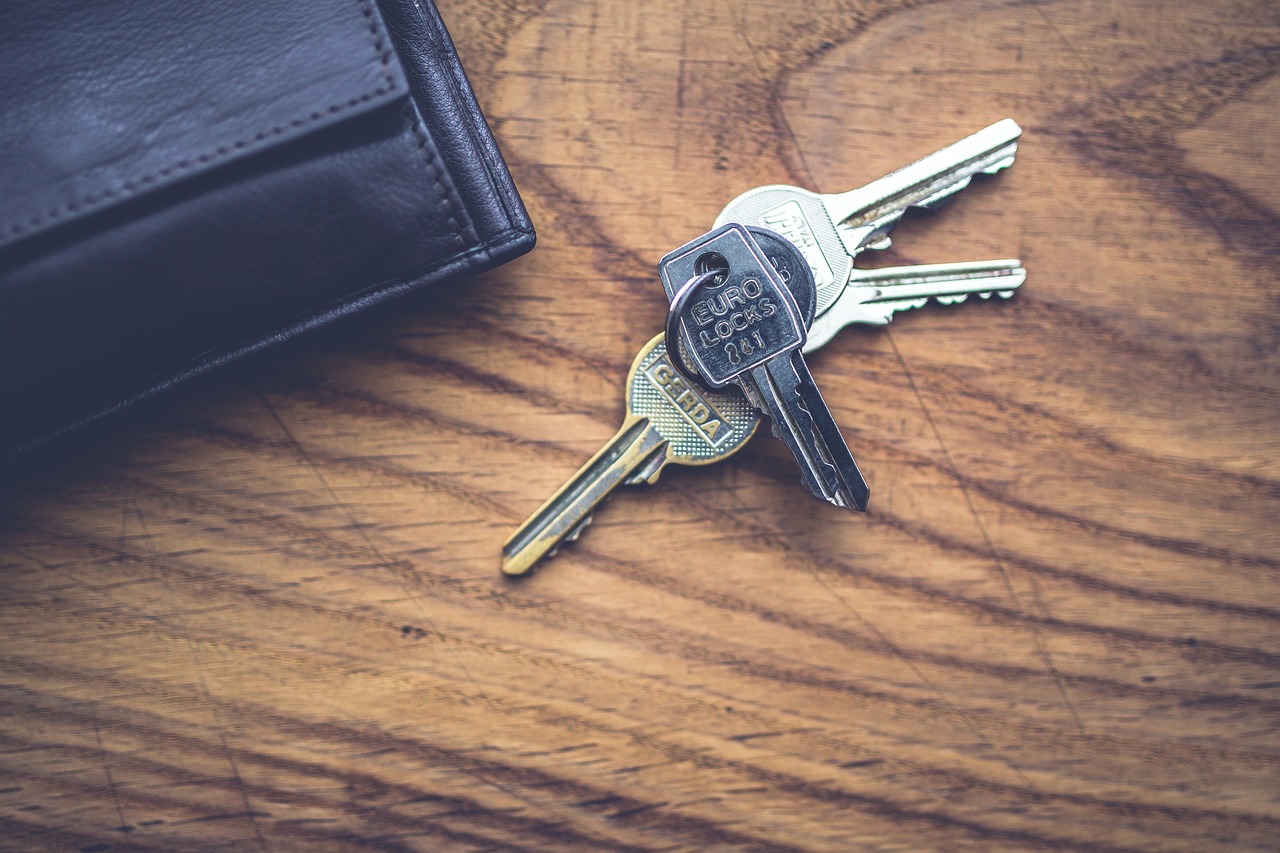
Benefits of Hardware Wallets
This article explores the various types of wallets available for cryptocurrency management, their features, and best practices for securing and utilizing them to optimize your digital asset experience.
Cryptocurrency wallets are essential tools for storing and managing digital assets. They come in various forms, each catering to different needs and preferences, making it crucial to understand their functionalities.
There are several types of cryptocurrency wallets, including hardware, software, and paper wallets. Each type has its unique advantages and disadvantages that suit different user requirements and security levels.
Hardware wallets are physical devices that securely store your private keys offline. They offer high security against hacking and are ideal for long-term storage of cryptocurrencies.
When it comes to securing your digital assets, hardware wallets stand out for several compelling reasons. First and foremost, they provide enhanced security. Since these wallets store your private keys offline, they are virtually immune to online threats such as malware and phishing attacks. Think of it like keeping your valuables in a safe rather than just under your mattress; the safe adds an extra layer of protection.
Another significant advantage is their user-friendly interfaces. Most hardware wallets come with intuitive designs that make it easy for both beginners and seasoned investors to navigate. You don’t need to be a tech wizard to manage your assets effectively. Additionally, many of these devices support a wide range of cryptocurrencies, which means you can consolidate your holdings in one secure place.
Moreover, hardware wallets often come equipped with features such as two-factor authentication and encryption, further bolstering their security. These features ensure that even if someone gets hold of your device, they would still need additional credentials to access your funds. In essence, hardware wallets act as a fortress for your crypto assets.
To give you a clearer picture, here’s a quick comparison of the benefits:
| Benefit | Description |
|---|---|
| Enhanced Security | Stores private keys offline, protecting against online threats. |
| User-Friendly | Intuitive interfaces suitable for all levels of users. |
| Multi-Currency Support | Compatible with various cryptocurrencies for consolidated management. |
| Advanced Features | Includes two-factor authentication and encryption for added security. |
In summary, if you're serious about managing your cryptocurrency investments, a hardware wallet is a worthy consideration. The peace of mind that comes with knowing your assets are securely stored is invaluable. So, whether you're a long-term holder or an active trader, investing in a hardware wallet could be one of the best decisions you make for your digital wealth.
Selecting the appropriate wallet depends on your specific needs, such as security, accessibility, and the types of cryptocurrencies you plan to manage. Understanding these factors is essential for effective asset management.
When choosing a wallet, it’s crucial to evaluate its security features, such as two-factor authentication, encryption, and backup options, to ensure the safety of your assets.
A wallet’s user interface and ease of use play a significant role in your overall experience. Opt for wallets that offer intuitive designs and responsive customer support for a smoother management process.
Implementing best practices, such as regular backups, keeping software updated, and using strong passwords, can significantly enhance the security and efficiency of your cryptocurrency management.
Regularly backing up your wallet ensures that you can recover your assets in case of device loss or failure. It’s a critical step in safeguarding your investments.
Maintaining updated software helps protect against vulnerabilities and security threats. Always ensure your wallet application is running the latest version for optimal performance and security.
- What is a hardware wallet? A hardware wallet is a physical device that stores your cryptocurrency private keys offline, providing a high level of security.
- Are hardware wallets safe? Yes, hardware wallets are considered one of the safest options for storing cryptocurrencies due to their offline nature.
- Can I use a hardware wallet for all cryptocurrencies? Most hardware wallets support a wide range of cryptocurrencies, but it's essential to check compatibility before purchasing.
- How do I back up my hardware wallet? Most hardware wallets provide instructions for creating backups, typically involving writing down a recovery seed phrase.

Popular Hardware Wallets
When it comes to securing your cryptocurrency investments, choosing the right hardware wallet is paramount. These devices not only ensure your assets are stored offline, away from potential hackers, but they also provide a user-friendly experience that can cater to both beginners and seasoned investors alike. Among the myriad of options available, a few stand out due to their robust security features, ease of use, and overall reputation in the crypto community.
One of the most popular choices is the Ledger Nano S. This compact device supports a wide array of cryptocurrencies, making it a versatile option for users looking to diversify their portfolios. The Ledger Nano S is known for its high security standards, including a secure chip that keeps your private keys safe from unauthorized access. Additionally, its intuitive interface allows users to manage multiple assets seamlessly, making it a favorite among crypto enthusiasts.
Another strong contender is the Trezor Model T. This wallet features a full-color touchscreen that enhances user experience, making it easy to navigate through various functions. Trezor's open-source software is a significant advantage, as it allows for community scrutiny and continuous improvements. Furthermore, the Model T supports a wide range of cryptocurrencies and includes advanced security features such as passphrase entry and recovery seed generation, ensuring that your assets are well-protected.
Lastly, we have the KeepKey, which is known for its sleek design and ease of use. KeepKey not only supports a variety of cryptocurrencies but also integrates seamlessly with the ShapeShift platform, allowing users to exchange assets directly from their wallet. Its large display makes it easy to manage your funds, while its security features, including PIN protection and recovery seed backup, provide peace of mind for users who prioritize safety.
To summarize, here’s a quick comparison of these popular hardware wallets:
| Wallet | Supported Cryptocurrencies | Key Features |
|---|---|---|
| Ledger Nano S | Supports over 1,500 cryptocurrencies | Secure chip, user-friendly interface |
| Trezor Model T | Supports over 1,600 cryptocurrencies | Touchscreen, open-source software |
| KeepKey | Supports over 40 cryptocurrencies | Large display, ShapeShift integration |
In conclusion, selecting the right hardware wallet can significantly impact your cryptocurrency management experience. Each of these options offers unique features tailored to different user needs, ensuring that whether you're a casual investor or a serious trader, there's a hardware wallet that can suit your requirements.
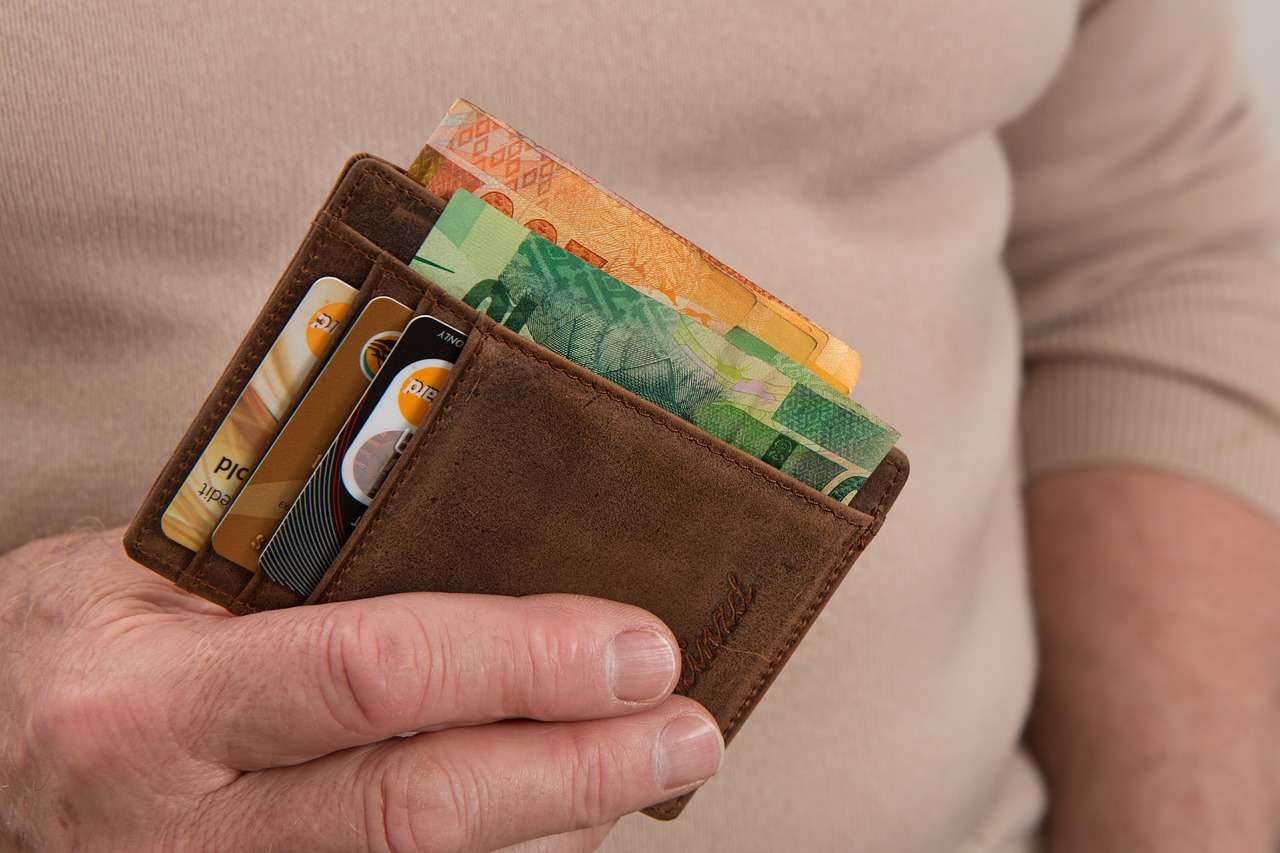
Software Wallets
Software wallets are incredibly popular among cryptocurrency users due to their convenience and accessibility. These wallets are applications or programs that allow you to store your cryptocurrencies directly on your devices, such as smartphones, tablets, or computers. Imagine having a virtual wallet in your pocket, ready to send or receive digital currency at a moment's notice! However, with this convenience comes a level of risk, as software wallets are more susceptible to hacking and malware compared to their hardware counterparts.
One of the key advantages of software wallets is their user-friendly nature. Many of these wallets come with intuitive interfaces that make it easy for beginners to navigate and manage their assets. For instance, you can quickly check your balance, send or receive funds, and even exchange cryptocurrencies—all from the comfort of your device. However, it’s essential to choose a reputable software wallet to mitigate security risks.
When considering a software wallet, you should pay attention to its security features. Some wallets offer advanced security measures such as two-factor authentication (2FA), which adds an extra layer of protection by requiring a second form of verification before accessing your funds. Additionally, look for wallets that provide end-to-end encryption, ensuring that your private keys are stored securely and are not exposed to unauthorized users.
While software wallets are convenient, they can be vulnerable to cyber threats. To enhance your security, it’s crucial to follow best practices, such as:
- Using strong, unique passwords: This is your first line of defense against unauthorized access.
- Regularly updating your software: Keeping your wallet application updated helps protect against vulnerabilities that hackers may exploit.
- Backing up your wallet: Regular backups are essential to ensure you can recover your assets in case of device failure or loss.
In summary, software wallets offer a blend of convenience and accessibility that is hard to beat. However, with great power comes great responsibility. It’s vital to be mindful of the security risks and take proactive measures to protect your digital assets. By doing so, you can enjoy the benefits of software wallets while keeping your cryptocurrencies safe and secure.
Q1: Are software wallets safe to use?
A1: Software wallets can be safe if you choose reputable options and implement strong security measures like two-factor authentication and regular updates.
Q2: Can I use a software wallet on multiple devices?
A2: Yes, many software wallets allow you to access your account from multiple devices, but ensure you log out from devices you do not use frequently.
Q3: What should I do if I lose access to my software wallet?
A3: If you have backed up your wallet and have the recovery phrase, you can restore your wallet on another device. Always keep your recovery information secure and private.

Choosing the Right Wallet for Your Needs
When it comes to managing your cryptocurrency, the choice of wallet can feel overwhelming. With so many options available, how do you know which one is right for you? The answer lies in understanding your specific needs and preferences. Think of your cryptocurrency wallet as a personal safe; you wouldn’t just pick any old box to store your valuables. You want something that fits your requirements perfectly, ensuring both security and accessibility.
First and foremost, consider the security features that each wallet offers. This is akin to choosing a bank for your savings; you want to ensure that your assets are protected against theft and hacking. Look for wallets that provide features like two-factor authentication, encryption, and backup options. These features act as the locks and alarms on your safe, giving you peace of mind knowing that your digital assets are secure.
Next, accessibility is key. Are you planning to trade frequently, or will you be holding your cryptocurrencies for the long term? If you’re a day trader, a software wallet that allows quick transactions might be ideal. On the other hand, if you're looking to store your assets for years, a hardware wallet could be the better choice. Think of it like choosing between a checking account for daily expenses and a savings account for long-term growth—each serves a different purpose.
Another important aspect to consider is the types of cryptocurrencies you intend to manage. Not all wallets support every cryptocurrency. For example, if you’re holding Bitcoin, Ethereum, and a few altcoins, you’ll want a wallet that can accommodate all of these. It's like having a toolbox; you want the right tools for the job at hand, and not every toolbox will have the same set of tools. To help you visualize this, here’s a simple table that outlines various wallet types and their compatibility:
| Wallet Type | Supported Cryptocurrencies | Security Level | Accessibility |
|---|---|---|---|
| Hardware Wallets | Bitcoin, Ethereum, Litecoin, and many more | High | Low (less convenient for frequent trades) |
| Software Wallets | Bitcoin, Ethereum, Ripple, and others | Medium | High (easy access for trading) |
| Paper Wallets | Bitcoin, Ethereum | Very High | Very Low (not for frequent use) |
Finally, never underestimate the importance of user experience. A wallet that is difficult to navigate can lead to mistakes, especially when you’re in a hurry. Look for wallets that offer an intuitive interface and responsive customer support. After all, you wouldn’t want to struggle with a complicated safe when all you want is to access your valuables quickly.
In conclusion, choosing the right wallet for your cryptocurrency needs is a crucial decision that can significantly impact your overall experience. By assessing security features, evaluating accessibility, and considering the types of cryptocurrencies you plan to manage, you can find a wallet that fits your needs like a glove. Remember, your wallet is not just a storage solution; it’s a vital part of your cryptocurrency journey.
- What is the safest type of cryptocurrency wallet? Hardware wallets are generally considered the safest due to their offline storage capabilities.
- Can I use multiple wallets? Absolutely! Many users prefer to use a combination of wallets for different purposes, such as trading and long-term storage.
- How often should I back up my wallet? It’s recommended to back up your wallet regularly, especially after significant transactions or changes.
- Are software wallets safe? While they are convenient, software wallets are more susceptible to hacking. Always use wallets with strong security features.
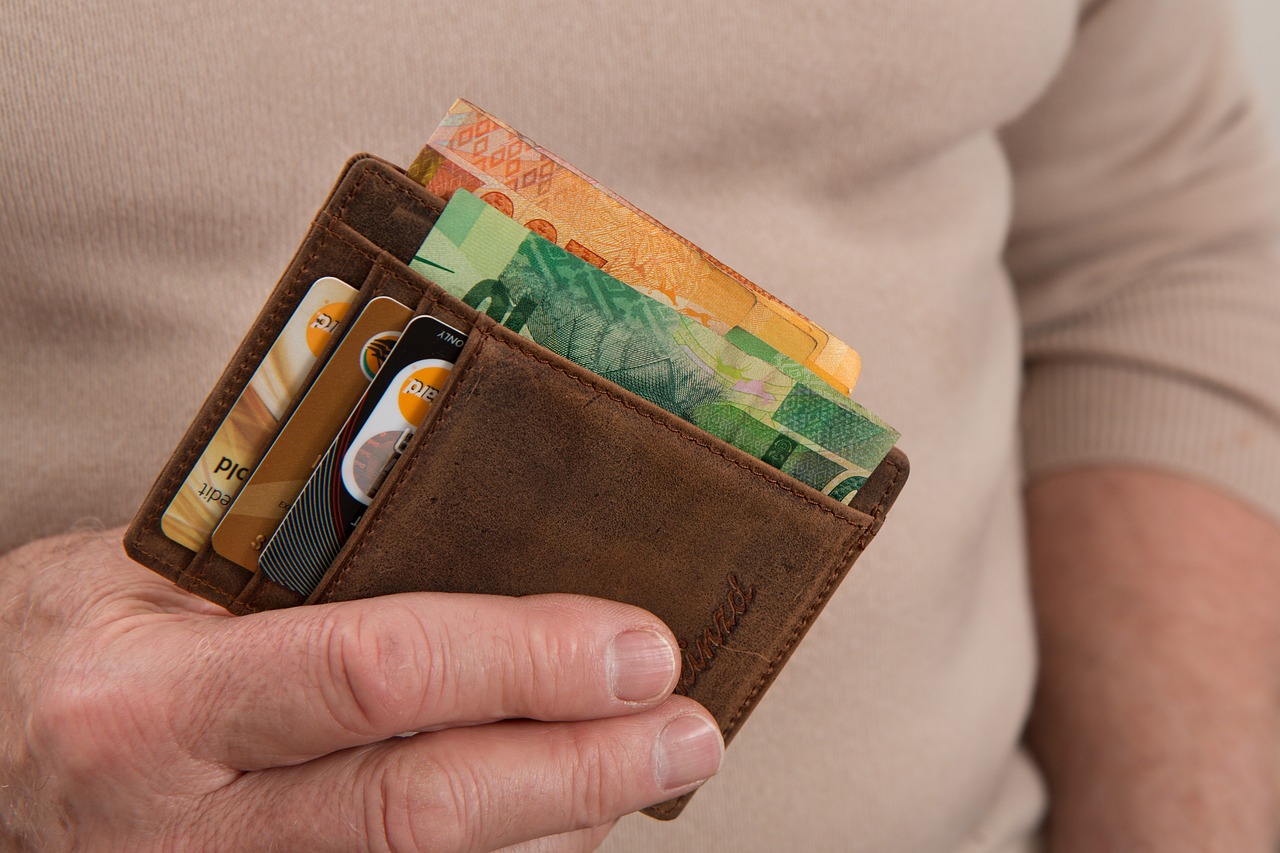
Assessing Security Features
When diving into the world of cryptocurrency, one of the most critical aspects to consider is the security features of your chosen wallet. Think of your wallet as a digital vault for your precious assets; just like you wouldn't leave your physical valuables in an unguarded place, you shouldn't compromise on security when it comes to your digital currencies. So, what should you look for?
First and foremost, two-factor authentication (2FA) is a must-have feature. This adds an extra layer of protection by requiring not only your password but also a second form of verification, typically a code sent to your mobile device. Imagine it as having a double lock on your vault—one key alone won't get you in!
Another crucial feature is encryption. This technology scrambles your data, making it unreadable to anyone who doesn't have the correct decryption key. It's like having a secret language that only you and your wallet understand. Without encryption, your sensitive information could be easily accessed by cybercriminals.
Additionally, consider the wallet's backup options. A good wallet should allow you to create backups of your private keys and recovery phrases. This is essential because, in the event of device loss or failure, you want to ensure that you can still access your funds. It’s akin to keeping a spare key to your house with a trusted friend—if you lose your primary key, you still have a way in.
Lastly, always check for security audits and reviews from reputable sources. Wallets that have undergone thorough security assessments are generally more trustworthy. Look for user feedback and reports on any past security breaches. This research can save you from potential headaches down the line.
In summary, when assessing the security features of a cryptocurrency wallet, remember to prioritize:
- Two-Factor Authentication (2FA)
- Encryption
- Backup Options
- Security Audits
By carefully evaluating these aspects, you can better protect your valuable digital assets and enjoy peace of mind while navigating the exciting world of cryptocurrency.
Q: What is a cryptocurrency wallet?
A: A cryptocurrency wallet is a digital tool that allows you to store, send, and receive cryptocurrencies. It can be hardware-based or software-based, each offering varying levels of security and accessibility.
Q: How do I choose the right wallet for my needs?
A: Consider factors such as security features, user experience, and the specific cryptocurrencies you plan to manage. Assess your priorities to determine which wallet suits you best.
Q: Are hardware wallets safer than software wallets?
A: Generally, yes. Hardware wallets store your private keys offline, making them less susceptible to hacking. Software wallets, while convenient, are more vulnerable to online threats.
Q: How often should I back up my wallet?
A: It's advisable to back up your wallet regularly, especially after significant transactions or changes. This ensures you can recover your assets if anything goes wrong.
Q: What should I do if I lose access to my wallet?
A: If you have backed up your recovery phrase or private keys, you can restore access to your wallet. If not, unfortunately, you may lose access to your assets permanently.
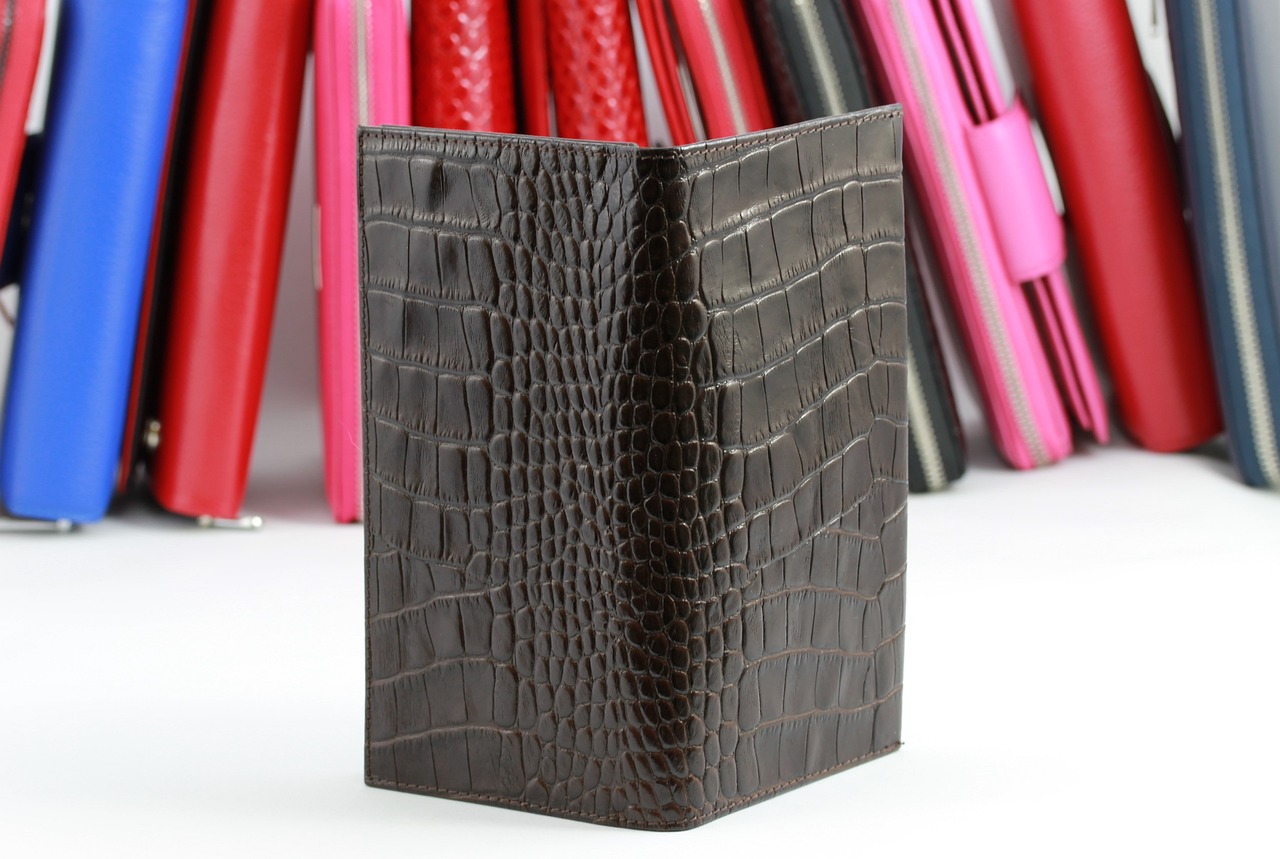
Evaluating User Experience
When it comes to managing your cryptocurrency, the user experience of your wallet can make all the difference. Imagine trying to navigate a complicated maze when all you want is to get to the exit—frustrating, right? The same goes for crypto wallets. A wallet with a clunky interface can turn a simple transaction into a headache, which is the last thing you want when dealing with your hard-earned assets. So, what should you look for to ensure a smooth and enjoyable experience?
First and foremost, consider the user interface. A clean, intuitive design can save you time and reduce the risk of making errors. Look for wallets that prioritize simplicity, allowing you to perform transactions with just a few clicks. Additionally, check if the wallet provides a mobile version or an app that is easy to use on the go. This flexibility can be a game-changer, especially for those who prefer to manage their assets from their smartphones.
Another critical aspect is the customer support offered by the wallet provider. No one wants to feel stranded in the digital wilderness without help. Make sure the wallet you choose has responsive customer support that can assist you promptly when issues arise. This can include live chat, email support, or even a comprehensive FAQ section on their website. A well-supported wallet can greatly enhance your overall experience.
Moreover, consider the integration with other services. Some wallets offer features like trading, staking, or lending directly within the app, which can streamline your experience. If you can manage multiple aspects of your crypto portfolio from one place, you’ll save time and effort. Always check for the wallet's compatibility with the cryptocurrencies you plan to manage; this can significantly influence your user experience.
Lastly, don’t underestimate the power of community feedback. Before settling on a wallet, take a moment to browse through user reviews and forums. This real-world feedback can provide insight into the experiences of others and highlight any potential issues you might face.
In summary, evaluating user experience is about more than just aesthetics; it encompasses ease of use, customer support, integration capabilities, and community feedback. By paying attention to these factors, you can choose a wallet that not only meets your needs but also enhances your overall cryptocurrency management experience.
- What is a cryptocurrency wallet? A cryptocurrency wallet is a digital tool that allows you to store, manage, and transact with your cryptocurrencies. It holds your private keys and interacts with various blockchain networks.
- Are hardware wallets safer than software wallets? Yes, hardware wallets are generally considered safer because they store your private keys offline, making them less vulnerable to hacking compared to software wallets.
- Can I use multiple wallets for different cryptocurrencies? Absolutely! Many users opt to use multiple wallets to manage different cryptocurrencies, which can enhance security and organization.
- How often should I back up my wallet? It’s recommended to back up your wallet regularly, especially after making significant changes or transactions. This ensures you can recover your assets in case of loss or device failure.

Best Practices for Managing Your Crypto Wallets
Managing your cryptocurrency wallet effectively is akin to safeguarding a treasure chest filled with valuable gems. Just as you wouldn’t leave your jewels in an unlocked drawer, you need to apply best practices to keep your digital assets secure. By adopting a proactive approach to wallet management, you can significantly reduce the risk of loss or theft while enhancing your overall experience in the crypto world. Here are some essential practices to consider:
First and foremost, regular backups are a must. Imagine losing access to your wallet due to a device malfunction or accidental deletion. Regularly backing up your wallet ensures that you have a recovery option in place. It’s like having a spare key to your safe; it provides peace of mind knowing that your assets are secure even if something goes awry. Make it a habit to back up your wallet data at least once a month or whenever you make significant changes, such as adding new cryptocurrencies.
Another critical aspect of wallet management is keeping your software updated. Just as you would apply the latest security patches to your home, updating your wallet software protects against vulnerabilities. Developers frequently release updates to address security flaws and enhance performance. Therefore, always check for updates and install them promptly. This simple practice can be the difference between a secure wallet and one that’s vulnerable to attacks.
Additionally, utilizing strong passwords is non-negotiable. Your password acts as the first line of defense against unauthorized access. Use a mix of upper and lower case letters, numbers, and special characters to create a robust password. Avoid easily guessable information like birthdays or common words. Consider using a password manager to generate and store complex passwords securely. Think of your password as the combination to a safe; the more complex it is, the harder it is for intruders to crack.
It’s also wise to enable two-factor authentication (2FA) whenever possible. This added layer of security requires not only your password but also a second form of verification, such as a code sent to your mobile device. It’s like having a bouncer at the door of your club—only those with the right credentials can enter. By implementing 2FA, you drastically reduce the risk of unauthorized access to your wallet.
Lastly, consider the importance of keeping your private keys secure. Your private keys are the gateways to your cryptocurrencies, and if anyone gains access to them, they can control your assets. Store your private keys in a secure location, preferably offline, and never share them with anyone. It’s akin to keeping the keys to your house with a trusted friend; you wouldn’t just hand them out to anyone. Always be cautious and skeptical of unsolicited requests for your private keys.
In summary, managing your crypto wallets effectively involves a combination of regular backups, software updates, strong passwords, two-factor authentication, and secure private key management. By implementing these best practices, you can enjoy a smoother and more secure cryptocurrency experience. Remember, in the world of digital assets, a little diligence goes a long way in protecting your investments.
- What is a cryptocurrency wallet? A cryptocurrency wallet is a digital tool that allows users to store, send, and receive cryptocurrencies securely.
- How do I choose the best wallet for my needs? Consider factors such as security features, user experience, and the types of cryptocurrencies you plan to manage.
- Is it safe to keep my cryptocurrencies in a software wallet? While software wallets are convenient, they are more vulnerable to hacking than hardware wallets. Always use strong security measures.
- What should I do if I lose access to my wallet? If you have backed up your wallet, you can recover your assets using the backup. Otherwise, it may be challenging to regain access.
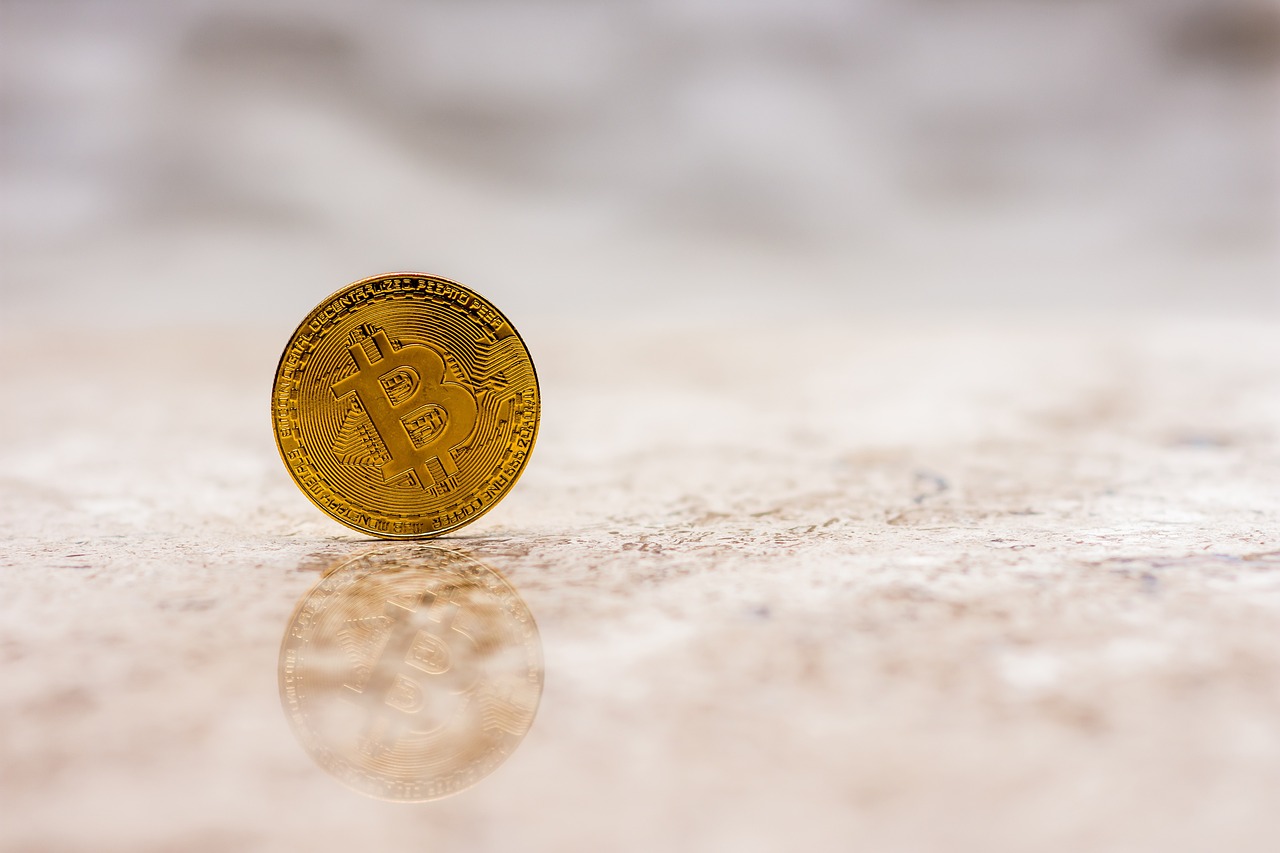
Regular Backups
When it comes to managing your cryptocurrency assets, one of the most critical practices you can implement is . Imagine losing access to your hard-earned digital coins because you neglected this simple yet vital step. Just as you wouldn't leave your house without locking the doors, you shouldn't leave your crypto wallet unprotected. Regular backups ensure that you can recover your assets in case of device loss, theft, or even software failure. It's like having a safety net that can catch you if you fall.
Backing up your wallet is not just a one-time task; it should be a part of your routine. Ideally, you should back up your wallet whenever you make significant changes, such as adding new cryptocurrencies or updating wallet software. But how do you go about it? Here are some essential tips:
- Use Multiple Backup Locations: Just as you wouldn’t keep all your valuables in one place, it’s wise to store your backups in various locations. This could include cloud storage, external hard drives, or even USB drives. Diversifying your backup locations minimizes the risk of losing everything in one fell swoop.
- Secure Your Backup Files: Your backup files contain sensitive information, so encrypt them. Use strong passwords and consider additional layers of security, such as two-factor authentication, to protect these files.
- Regularly Test Your Backups: It’s not enough to just create backups; you should also test them to ensure they work. This means occasionally restoring a backup to check that everything is functioning as it should. Think of it as a fire drill for your finances.
In addition to these tips, it's also essential to keep your backup files updated. As you continue to trade and manage your cryptocurrencies, your wallet's contents will change, and so should your backups. Make it a habit to review and update your backups regularly, ensuring they reflect your current holdings. This proactive approach will save you from headaches down the road.
To summarize, regular backups are a cornerstone of effective cryptocurrency management. They provide peace of mind and security, allowing you to focus on growing your digital assets without the constant worry of losing them. Treat your backups like your most prized possessions—because, in the world of crypto, they truly are.
Q: How often should I back up my cryptocurrency wallet?
A: It's recommended to back up your wallet every time you make significant changes, such as adding new coins or updating your wallet software. Additionally, consider doing a full backup at least once a month.
Q: What should I do if I lose my backup?
A: If you lose your backup, recovery of your assets may be impossible unless you have another copy stored in a different location. This highlights the importance of having multiple backups in various secure locations.
Q: Can I automate the backup process?
A: Some wallets offer automated backup features, but it’s essential to ensure these backups are stored securely. Always check the settings of your wallet to see if this option is available.
Q: Is it safe to back up my wallet to the cloud?
A: While cloud storage can be convenient, it also poses risks. If you choose to back up to the cloud, make sure to use strong encryption and two-factor authentication to protect your files.
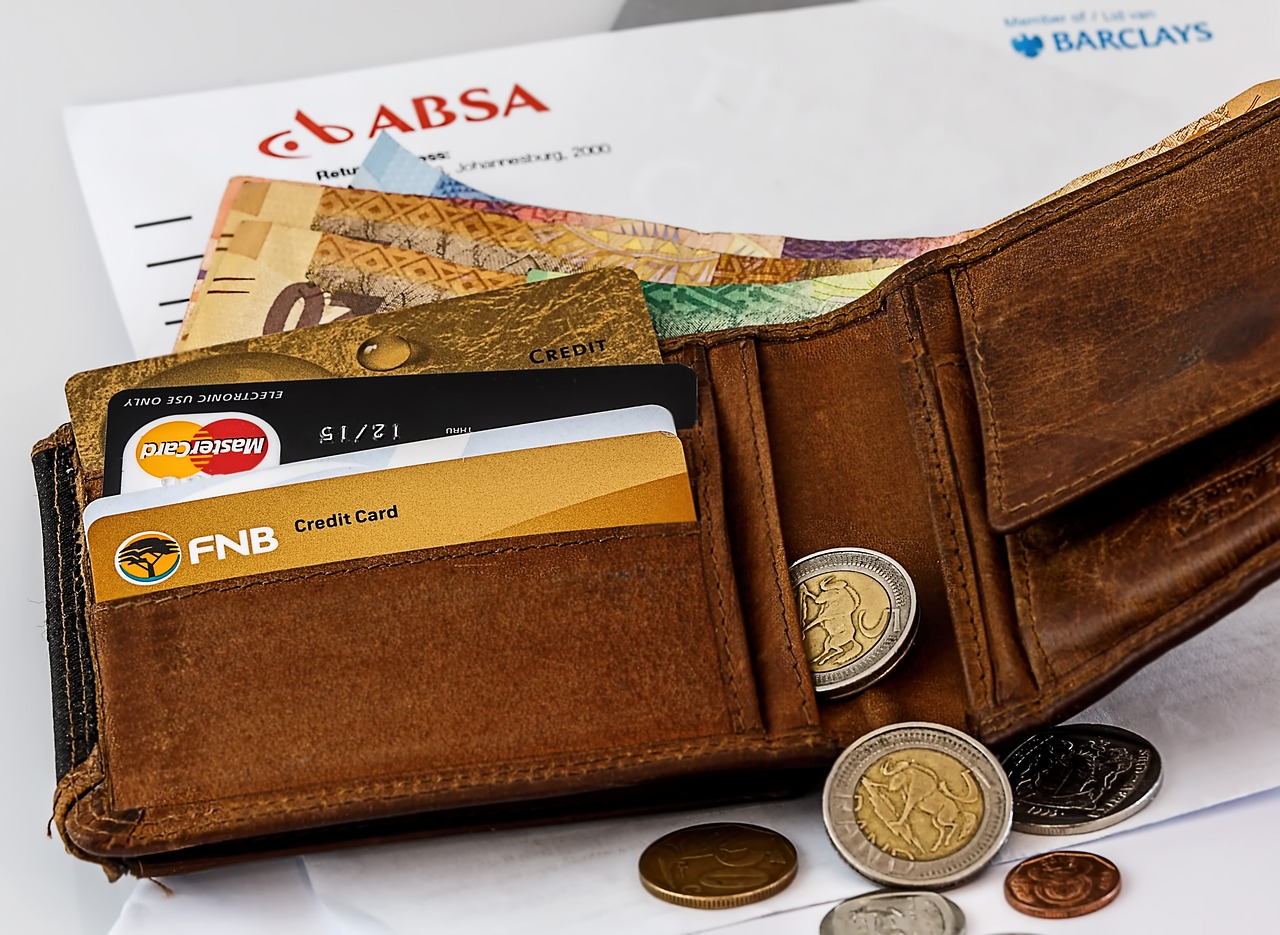
Keeping Software Updated
In the ever-evolving world of cryptocurrency, keeping your wallet software updated is not just a good practice; it's a necessity. Just like you wouldn't drive a car with outdated brakes, you shouldn't manage your digital assets with outdated software. Regular updates are crucial for several reasons. First and foremost, they provide security patches that protect against newly discovered vulnerabilities. Hackers are constantly looking for ways to exploit weaknesses in software, and developers work tirelessly to patch these holes. By keeping your wallet software updated, you can significantly reduce the risk of falling victim to a cyber attack.
Moreover, updates often come with new features that enhance your user experience. Imagine using an app that crashes frequently or lacks the latest functionalities that could make managing your assets easier. Nobody wants to deal with that frustration! With regular updates, you can enjoy a smoother interface, faster transaction times, and improved compatibility with various cryptocurrencies.
To ensure you're always on top of your wallet's software updates, consider implementing a few best practices:
- Enable Automatic Updates: Many wallet applications offer an option to enable automatic updates. This means you won’t have to worry about checking for updates manually, allowing you to focus more on trading and less on maintenance.
- Check for Updates Regularly: If automatic updates aren't an option, make it a habit to check for updates regularly. Setting a reminder on your calendar can help you stay on track.
- Read Release Notes: When updates are available, take a moment to read the release notes. They often provide valuable information about what changes have been made, which can help you understand the importance of each update.
In addition to these practices, always ensure that your device's operating system is also updated. A secure wallet on an outdated operating system is like locking your front door but leaving the back door wide open. Keeping everything up to date creates a fortified environment for your digital assets.
Lastly, don't forget about the importance of backups. Even with updated software, unexpected issues can arise. Regularly backing up your wallet ensures that even if something goes wrong, you have a secure copy of your assets. Think of it as having an insurance policy for your investments. In the world of cryptocurrency, where the stakes can be high, taking these precautions can make all the difference.
- Why is it important to keep my wallet software updated?
Keeping your wallet software updated is essential for security, performance, and access to new features. Updates often include important security patches that protect against vulnerabilities. - How often should I check for updates?
It's a good idea to check for updates at least once a week, or you can enable automatic updates if your wallet supports it. - What should I do if I encounter problems after an update?
If you experience issues after an update, check the wallet's support resources or community forums for solutions. You can also revert to a previous version if necessary.
Frequently Asked Questions
- What is a cryptocurrency wallet?
A cryptocurrency wallet is a digital tool that allows you to store, send, and receive cryptocurrencies. It manages your private and public keys, enabling you to interact with various blockchain networks. Think of it as a digital bank account for your crypto assets!
- What are the different types of cryptocurrency wallets?
There are several types of cryptocurrency wallets, including hardware wallets, software wallets, and paper wallets. Hardware wallets are physical devices that store your keys offline, software wallets are applications that run on your devices, and paper wallets are simply printed pieces of paper with your keys written on them.
- How secure are hardware wallets?
Hardware wallets are considered one of the most secure options for storing cryptocurrencies. Since they keep your private keys offline, they are less vulnerable to hacking attempts compared to software wallets. However, it's essential to buy them from reputable sources to avoid counterfeit devices.
- Can I use multiple wallets for different cryptocurrencies?
Absolutely! In fact, using multiple wallets can be a smart strategy. You can use a hardware wallet for long-term storage of your major investments and software wallets for daily transactions or smaller amounts. This way, you can balance security and convenience.
- What should I look for when choosing a wallet?
When selecting a wallet, consider security features (like two-factor authentication and encryption), user experience (intuitive design and customer support), and compatibility with the cryptocurrencies you intend to manage. It's all about finding the right fit for your needs!
- How often should I back up my wallet?
It's recommended to back up your wallet regularly, especially after making significant transactions or changes. A good rule of thumb is to create a backup whenever you update your wallet software or after adding new cryptocurrencies to your portfolio.
- What happens if I lose access to my wallet?
If you lose access to your wallet, your funds could be at risk. However, if you have backed up your wallet and stored your recovery phrases securely, you can restore your wallet on a new device. Always keep your recovery information in a safe place!
- Is it necessary to keep my wallet software updated?
Yes, keeping your wallet software updated is crucial for security. Updates often include patches for vulnerabilities and new features that improve usability. Regular updates help ensure that your wallet remains secure against potential threats.

